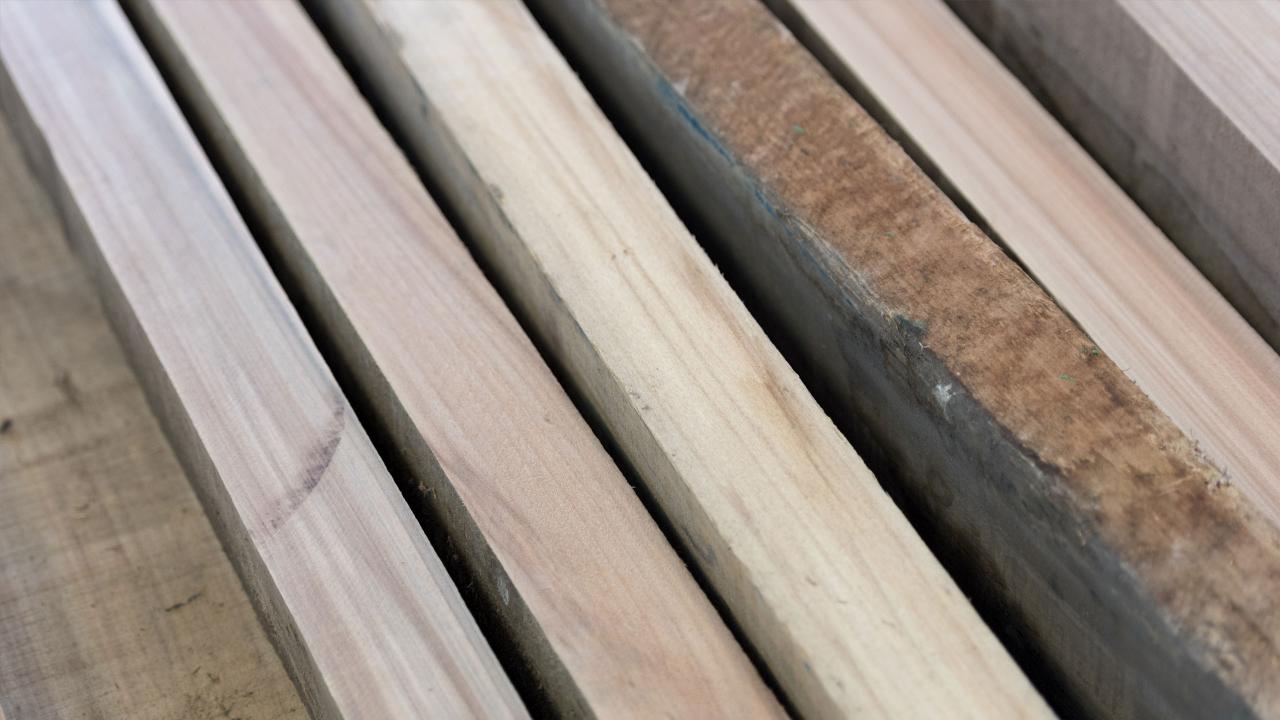
Beware of localism as an automatic green ticket for wood products
Why buy apples from New Zealand when we grow our own in the UK?
Sourcing things locally is a default setting to guarantee a low environmental impact, especially in this instance when you apply it to food. The problem is that we are now applying this over simplified approach to an increasingly wider range of products and industries. The result is a widespread generalisation that locally sourced produce is automatically “greener” because of the small distance it has been transported.
I think this is a dangerous assumption and is hugely dependent on how you define “local” and what type of transport is used to move that produce from A to B.
Wood products are a case in point. Raw material and finished product are moved all around the world by sea freight and as the AHEC LCA studies confirms, the environmental impact of this is far lower than other forms of transport such as rail and road.
The initial Life Cycle Inventory (LCI) data on U.S. hardwood lumber exported to Europe, confirms that forest extraction and the sawmilling process make up a small part of the overall impact and that it is the kiln drying of the lumber, not the transport, that is the biggest factor in determining impacts such as Global Warming Potential (GWP) in the production of timber-based products. In fact, transporting American hardwoods by ship 6000km across the Atlantic Ocean requires little more energy than an overland journey of just 500km.
Importing white oak lumber from the East Coast of the USA to the UK may have a lower transport footprint than bringing a truckload of European oak all the way by road from Croatia. So avoid the trap of assuming that buying ‘local’, European hardwood is always better for the environment than importing hardwood species from the USA.
Demonstrating the full environmental impacts of wood products through LCA will, we believe, be the best way for wood to compete with other materials, but it will also help markets make more informed choices when it comes to choosing which wood product will provide the best environmental solution.
